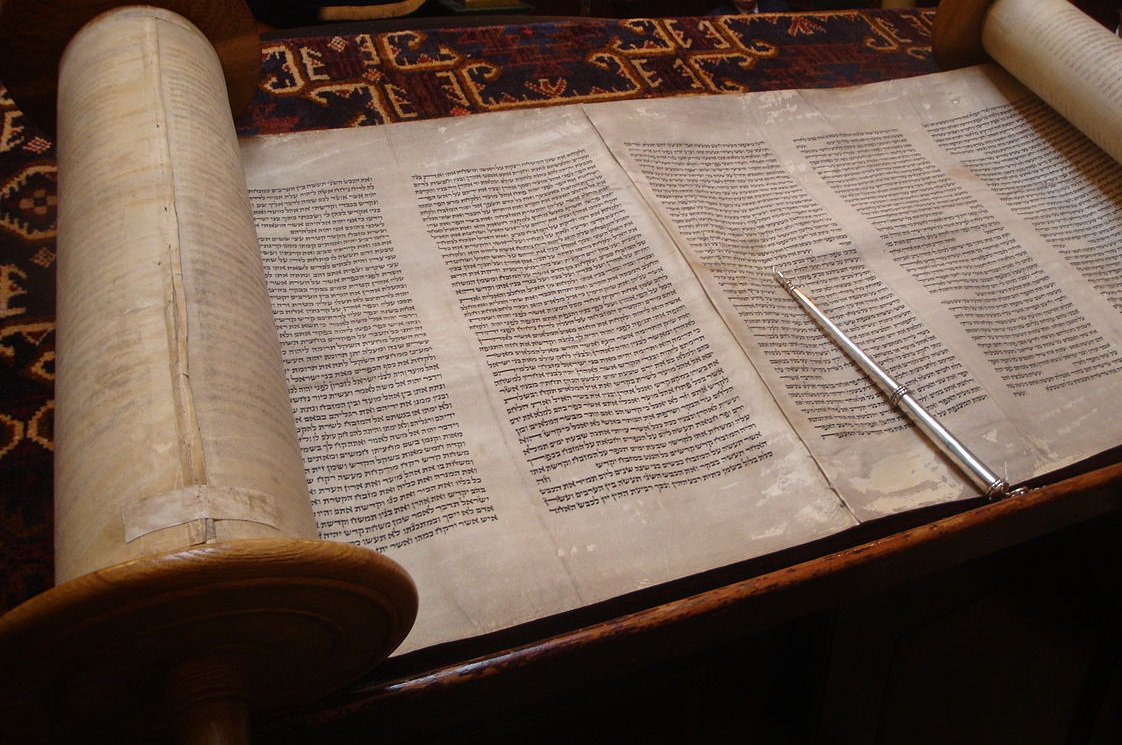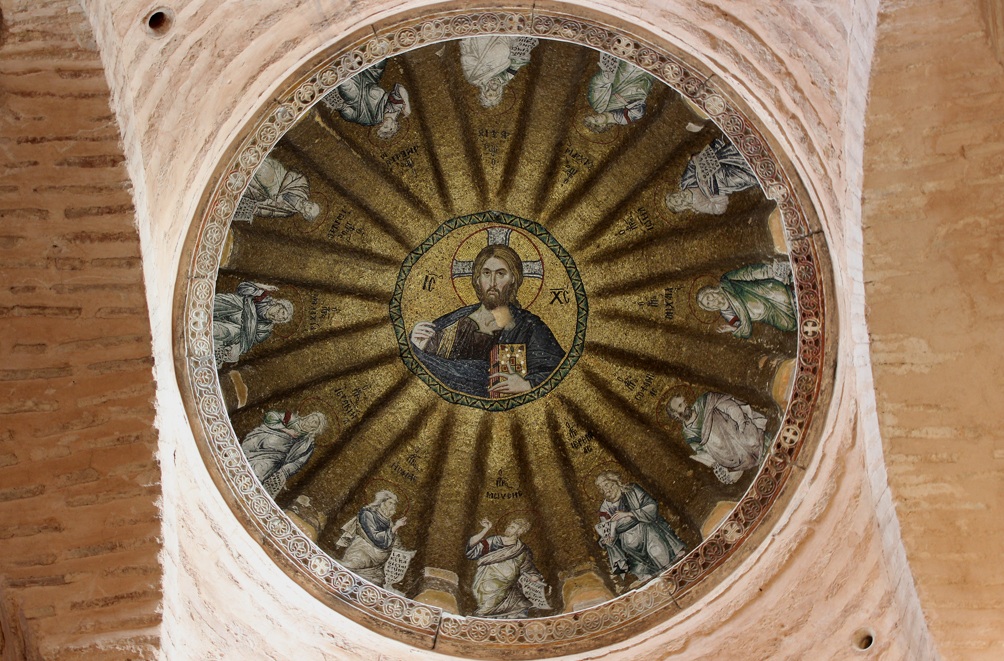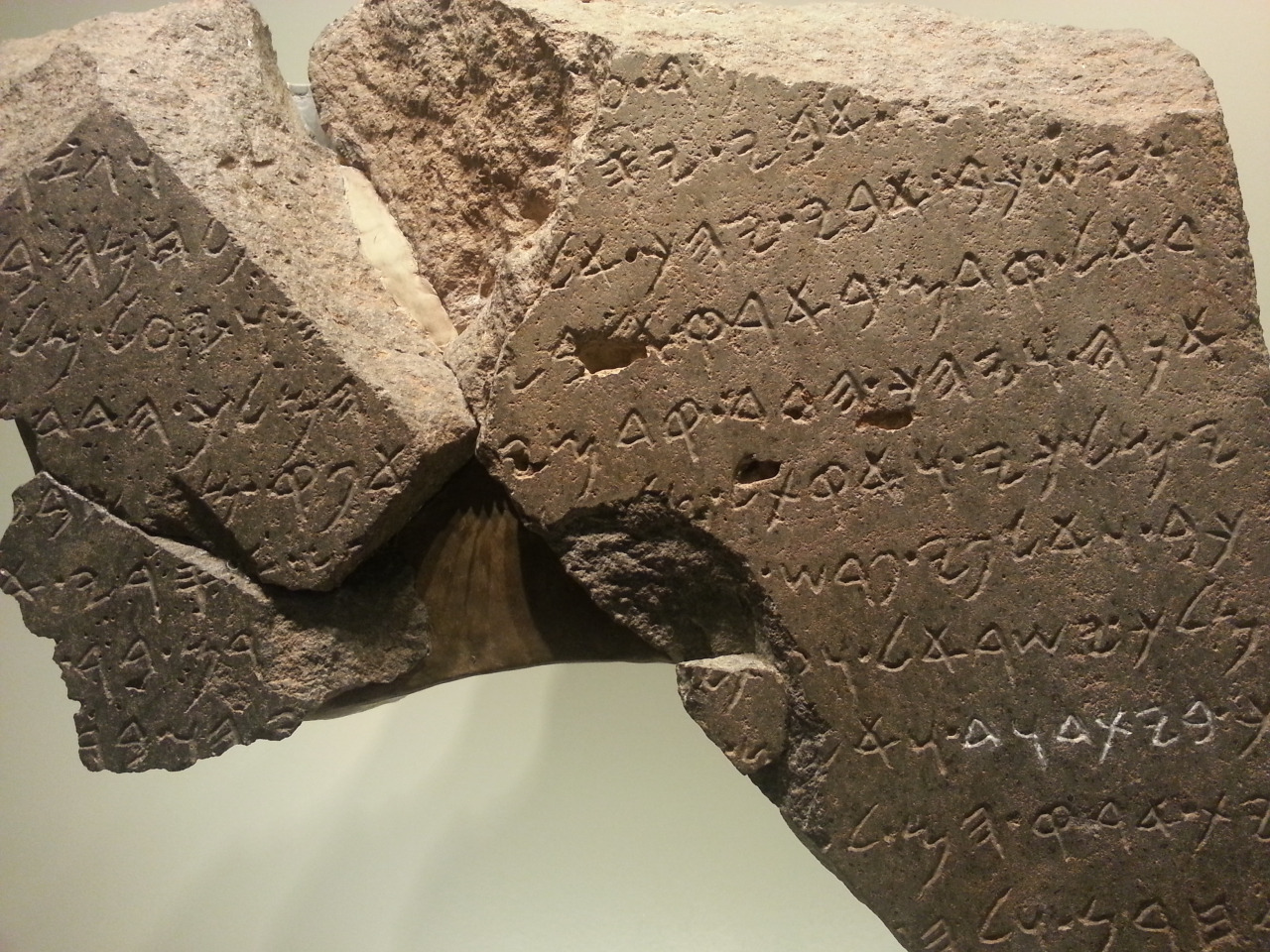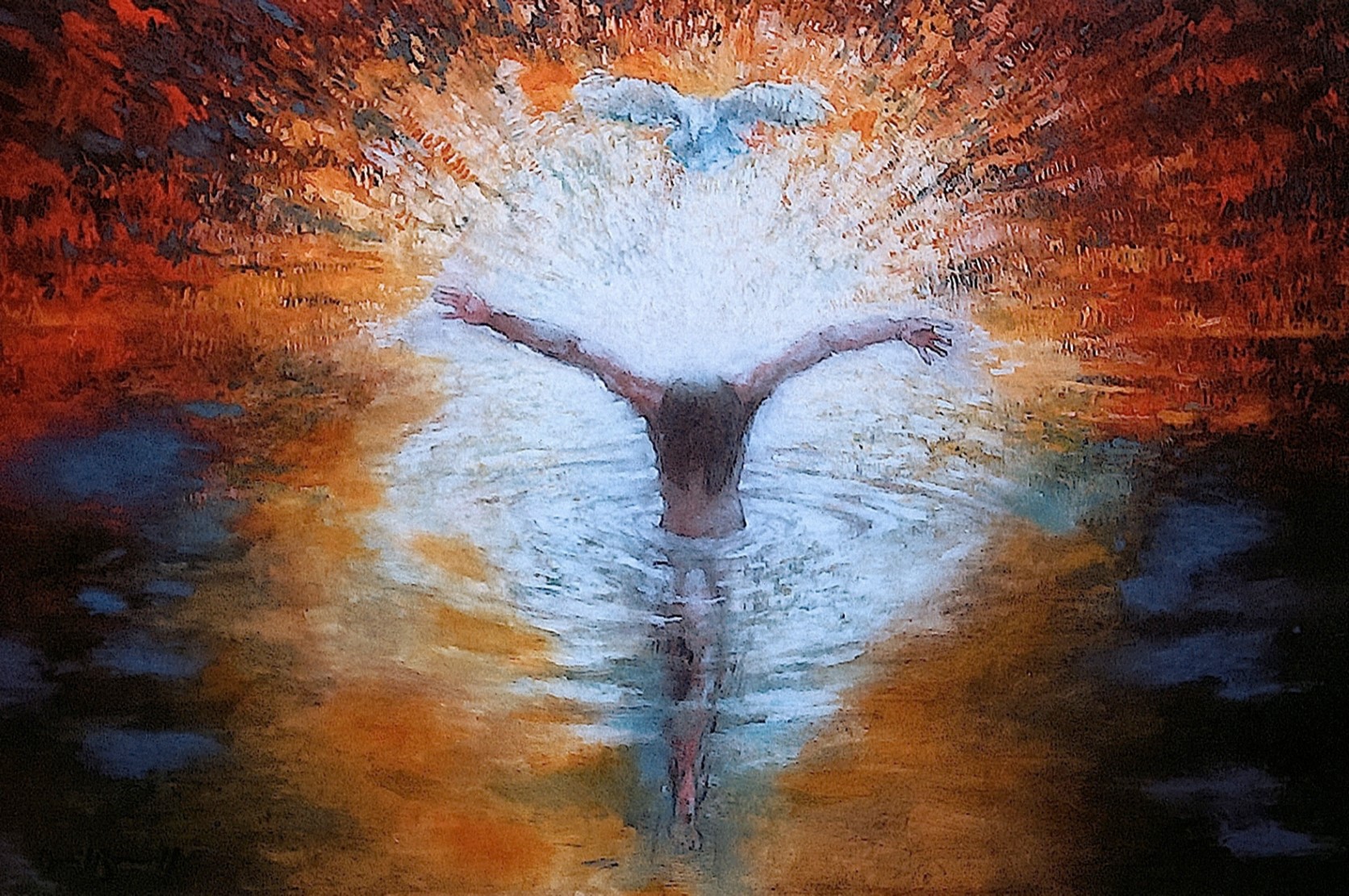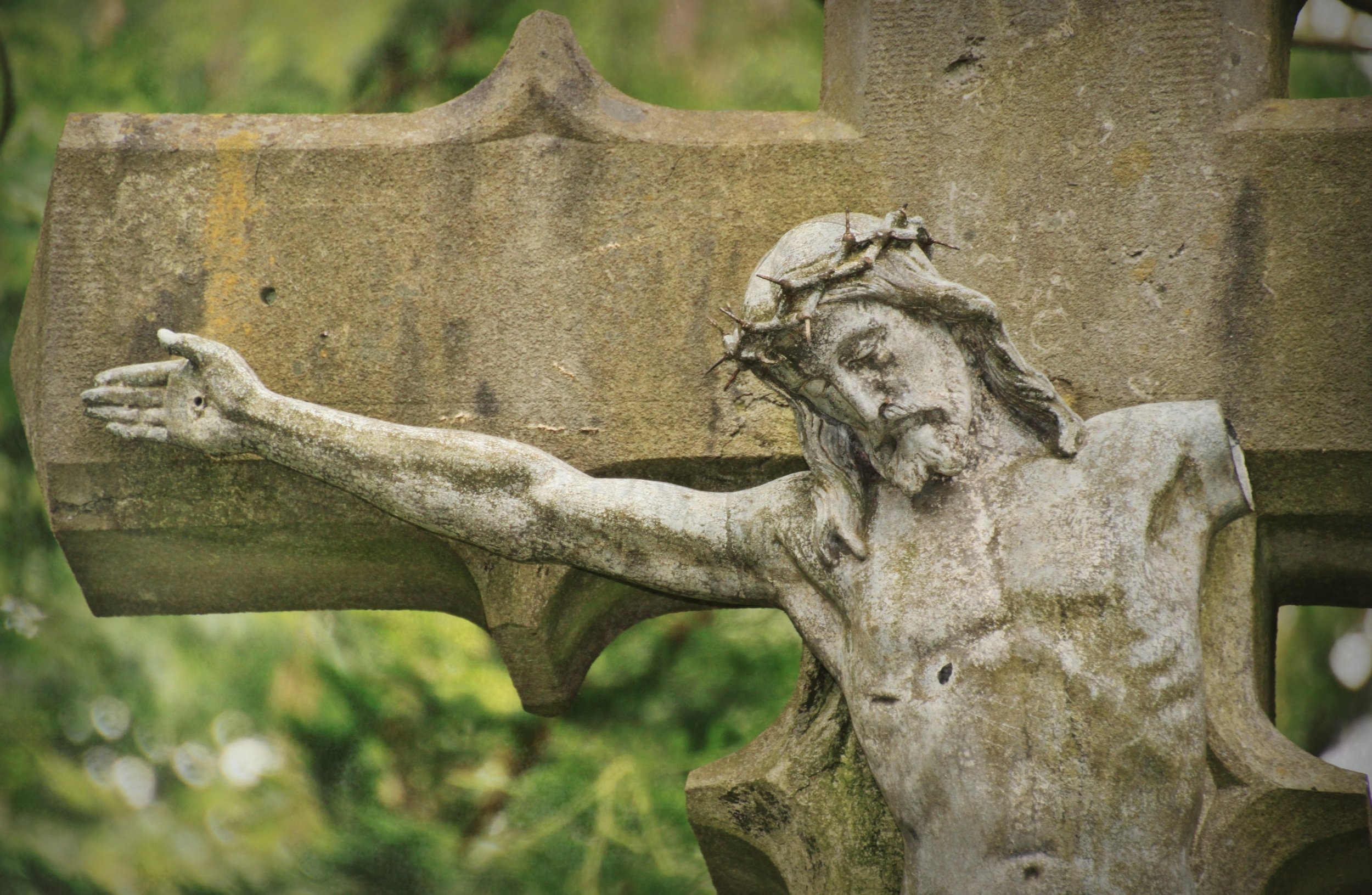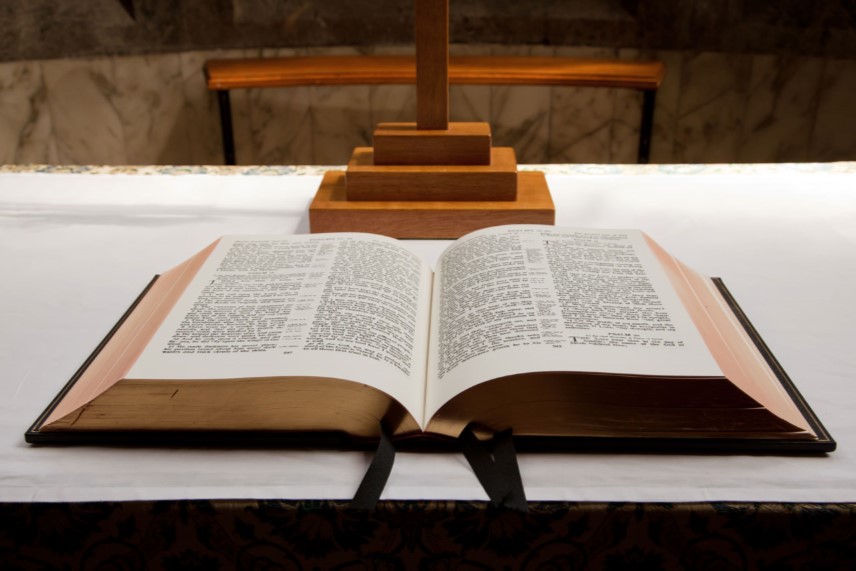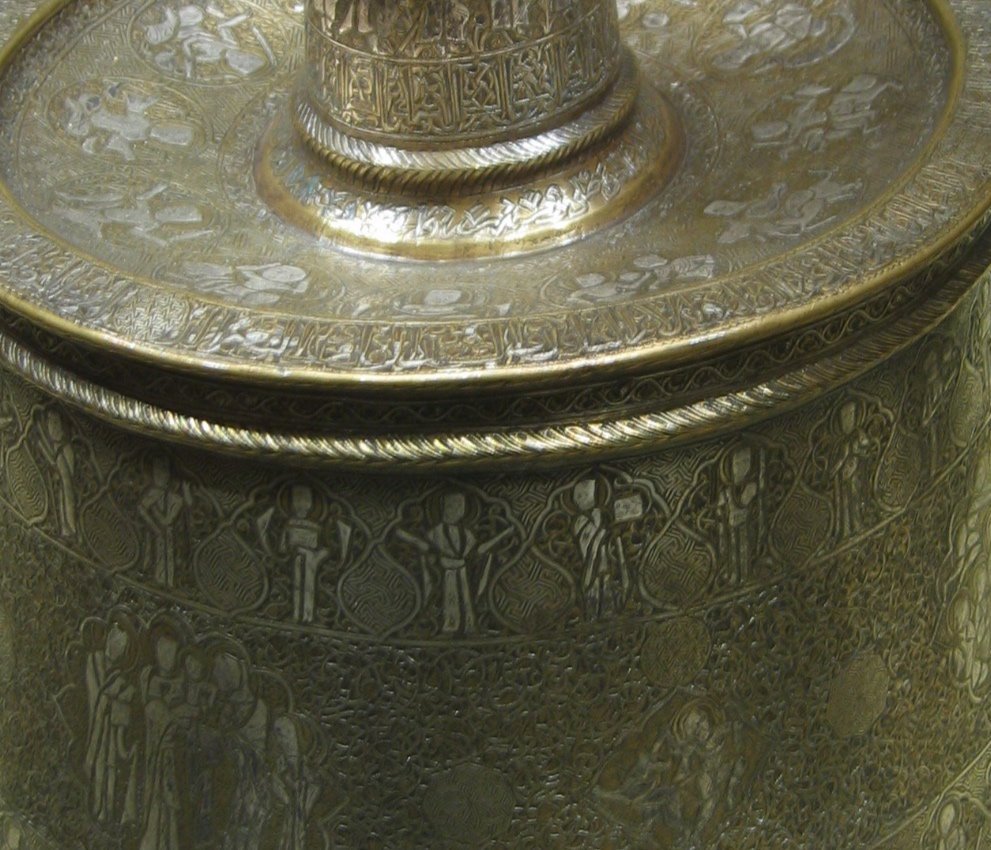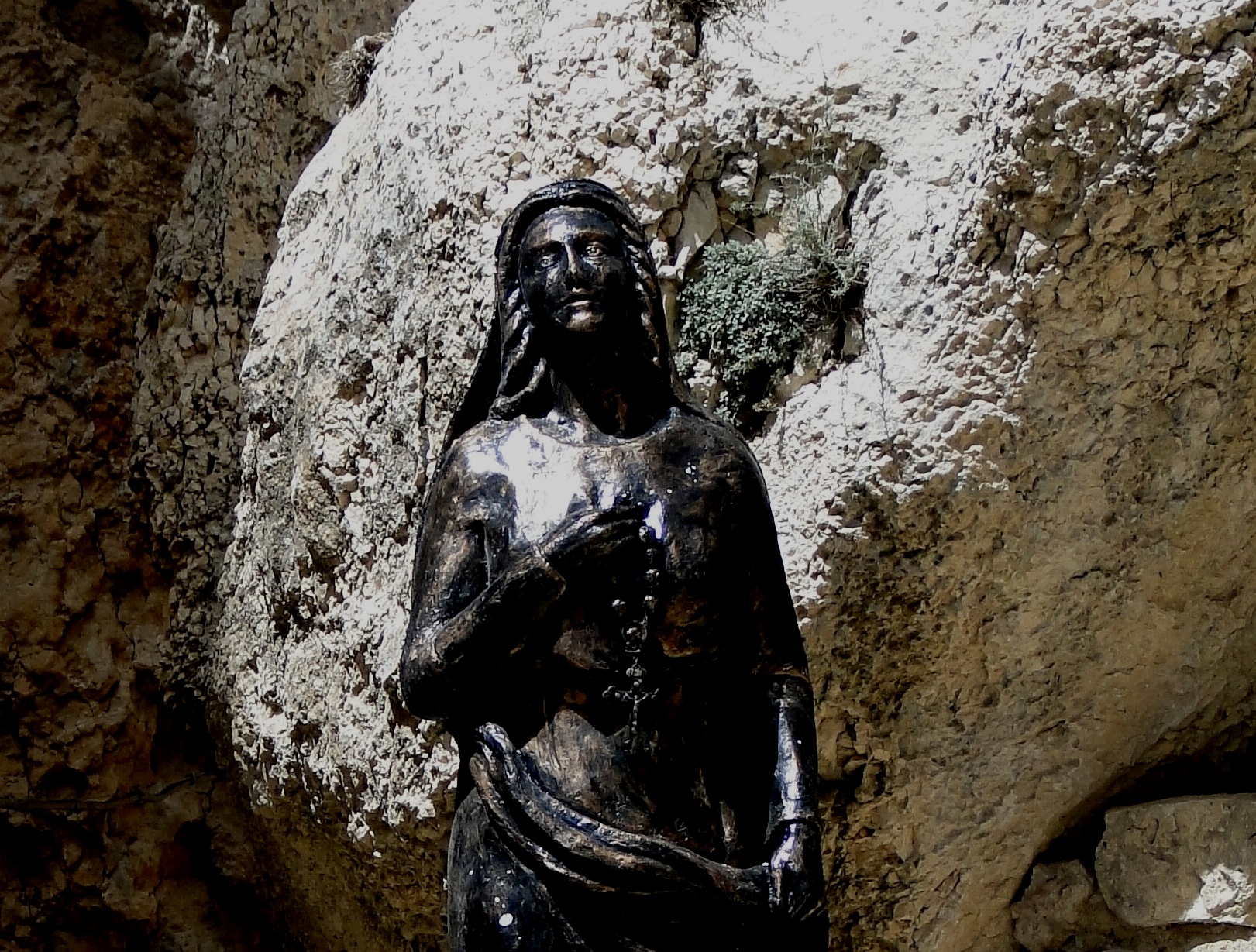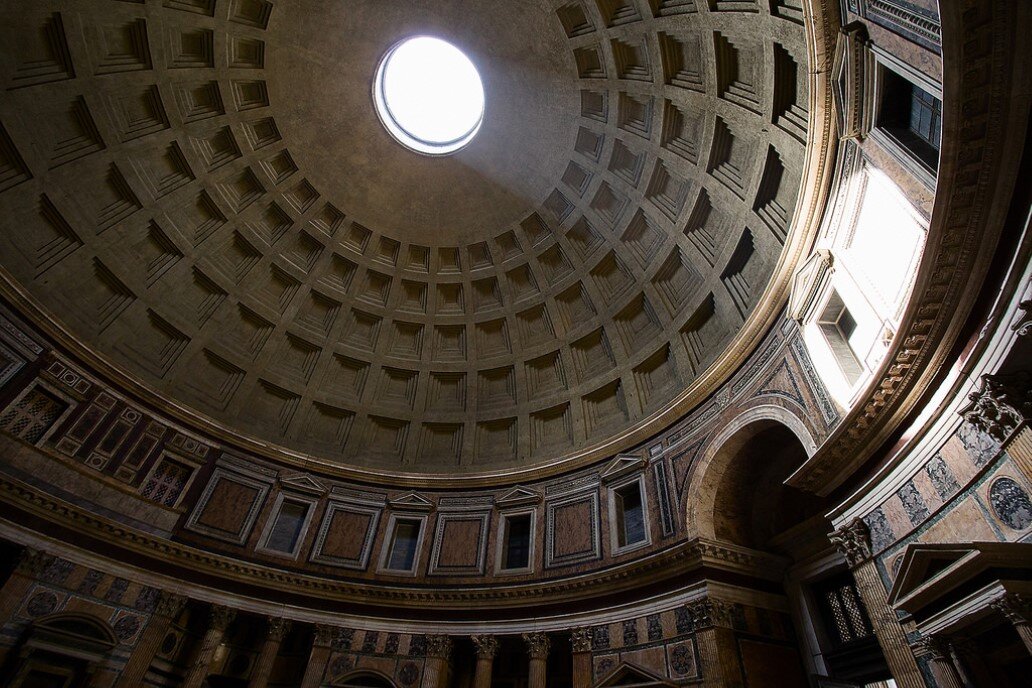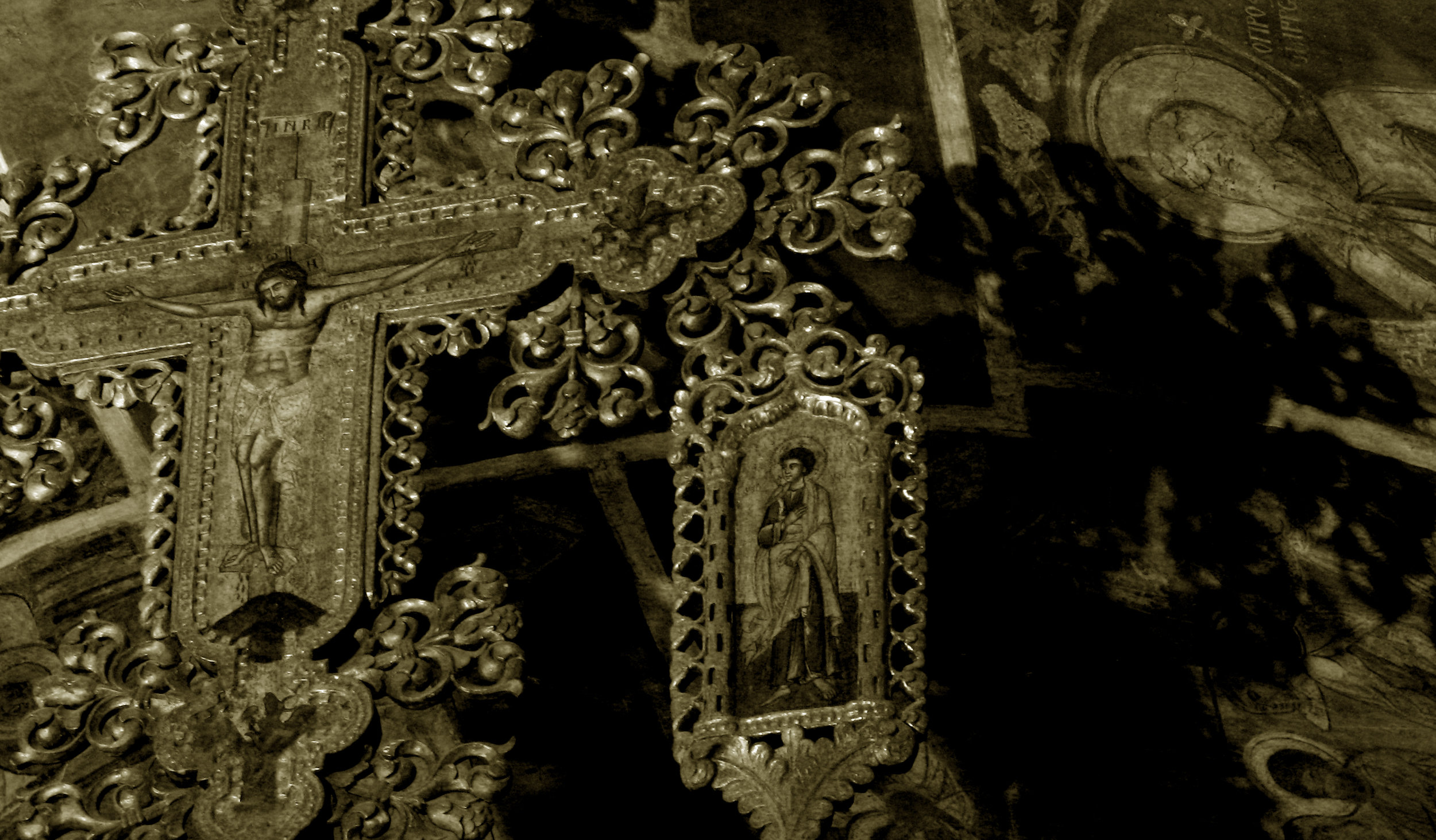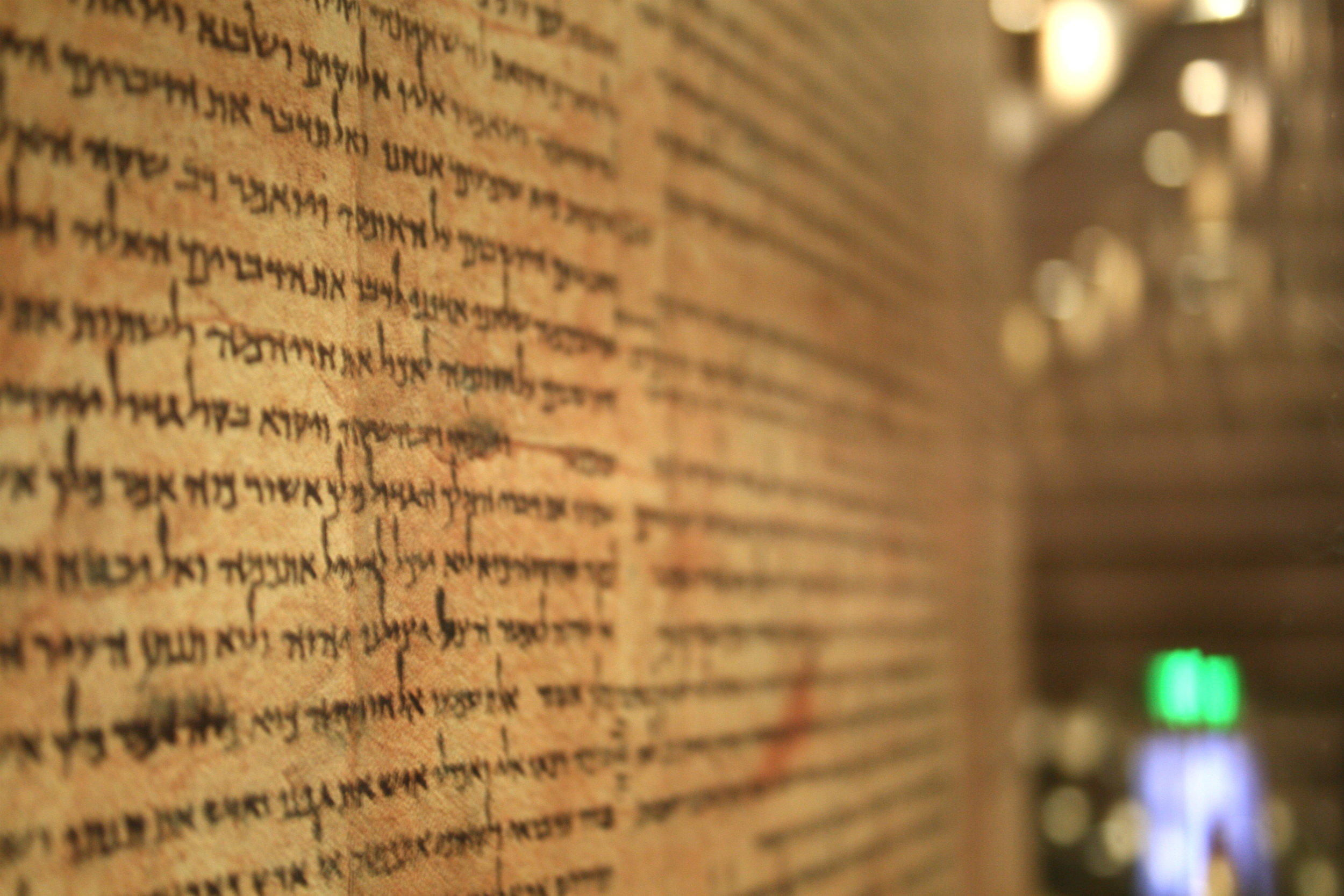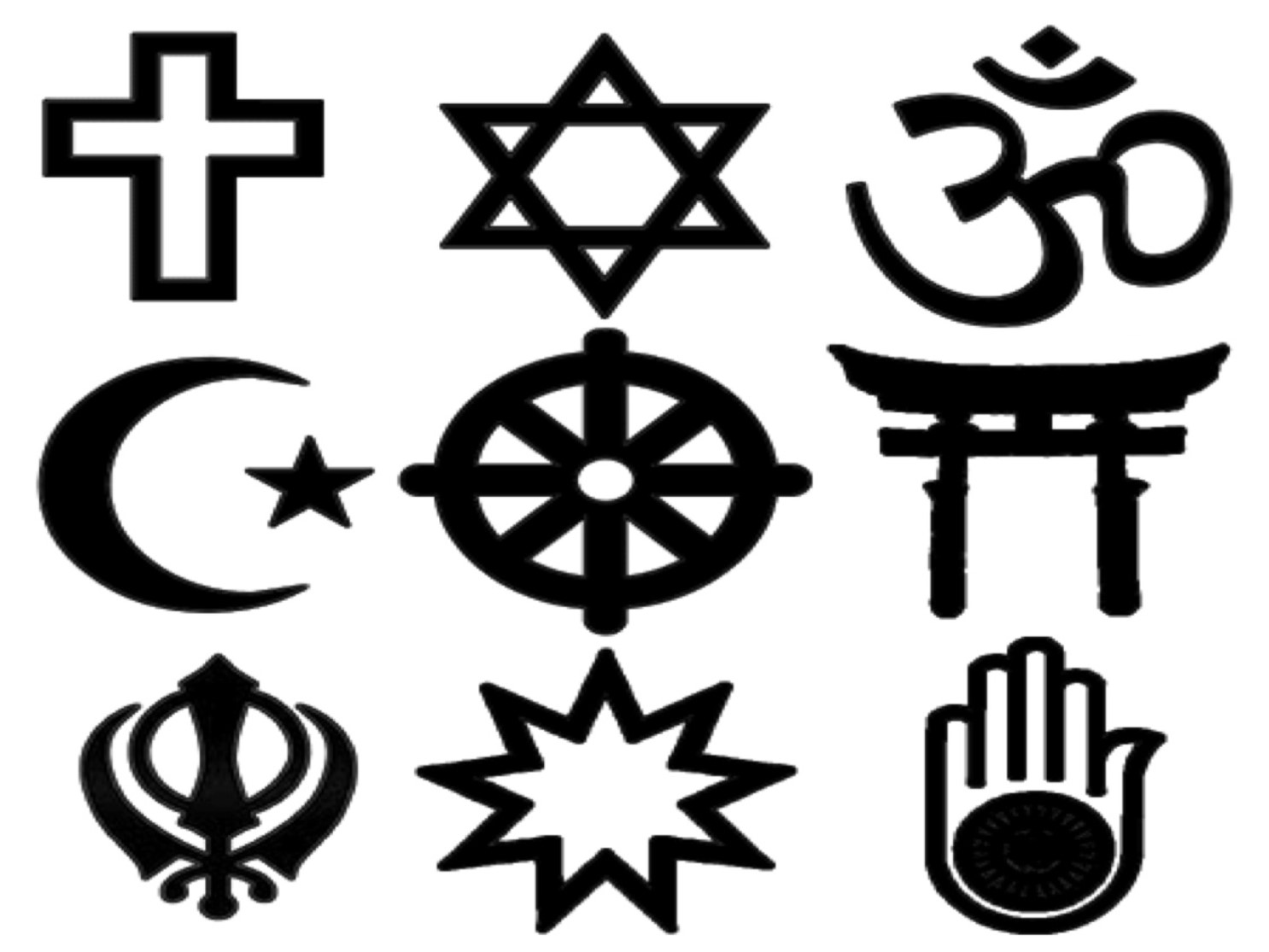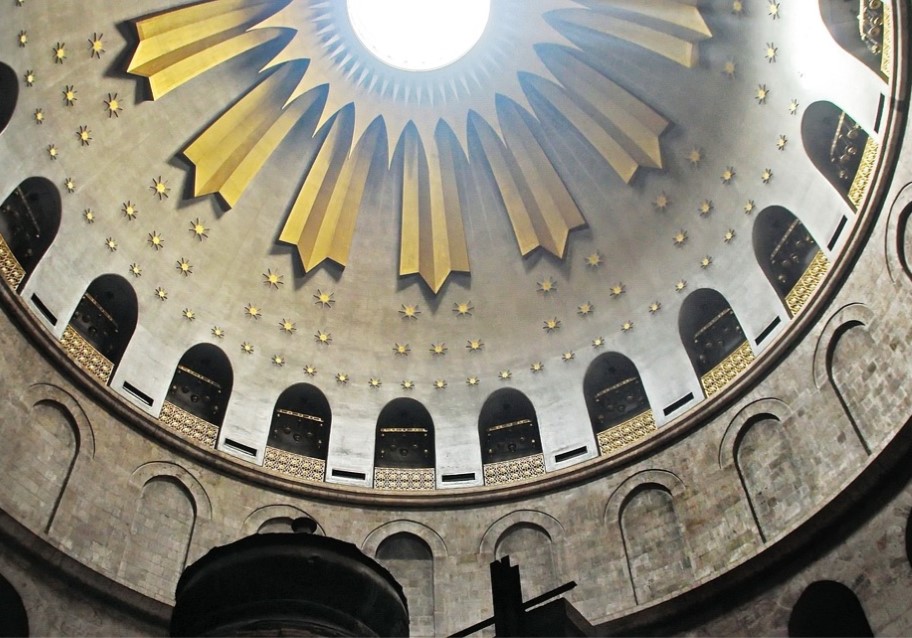Reconstruction
The Deep Roots of Early Christian Theology
Deconstruction Alone?
Is Deconstruction Enough?
Many are in process of deconstructing their understanding of Christian faith. But what do we reconstruct in its place?
Our Method: Study the Early Church
We draw on resources related to the early church, especially the first 400 - 500 years. Our materials either expand on early Christian teaching or activity, or draw upon that well as a resource or inspiration. Register for our class here, or click on the graphic.
Why the Early Church?
Protestants tend to assume that we today have coherent and sophisticated theology, whether conservative, legalistic, propertied, and retributive, or liberal, individualistic, progressive, and postmodern. We tend to assume that the early church was incoherent and unsophisticated.
The same bias occurs in anthropology, in what C.S. Lewis called “chronological snobbery.” Yet David Graeber and David Wengrow, The Myth of the Stupid Savage give a fabulous one hour lecture about how earlier human societies were quite relationally sophisticated. Their research was later published in their November 2021 book, published by Farrar, Strauss, and Giroux, The Dawn of Everything: A New History of Humanity. See a 15 minute interview of David Wengrow by journalist Anand Giridharadas, Human History Gets A Rewrite, released November 5, 2021.
Below, the video lectures of our 2022 class, Reconstruction, demonstrate how the earliest Christians were quite theologically, morally, and ethically sophisticated. Under each video, you will find at least one more link to go deeper. These same videos, without additional links for more information, are available on our Reconstruction playlist on our YouTube channel.
Reviews
“Loved the broad exposure to the Patristic writings. Like fresh water to a thirsty soul. So refreshing compared to what I am used to relative to evangelicalism and modernist, populist Christian thinking. I will want to go back and review these videos to review the material. Favorite sessions were on 1) slavery, 2) abortion, and the 3) atonement and discussion of retributive vs restorative justice.”
“I can’t remember how I even ended up coming across the group and your website, or which came first! However, I’m sure it was an answer to my prayers, as I’ve been asking God to help me understand more about the atonement and what exactly was accomplished there. Your sessions have really helped me to gain a much bigger and deeper view of what the Christian message actually is... I like the fact that it was detailed and that you treated us as intelligent listeners. I like the way you refer to the literary structures of the texts, especially as I’m an English literature graduate and I don’t often receive Christian teaching that views the Bible as literature in that way.”
Reconstruction 2022 Session 1: Slavery and Abolition
Slavery: How the Early Church Got It Right
Presentation given October 2, 2021 to the Reconstruction class. Explores early Christian emancipation and abolition. While Christians did not eliminate all forms of servitude, since servitude for civic penalties, indebtedness, war captivity, and self-indenture persisted, Christians eventually did eliminate what we know as chattel slavery. The presentation examines the Old Testament institution of the Hebrew ebed servant, and the New Testament approach to Greco-Roman modes of servitude. We glance at how colonialism and Trans-Atlantic slavery deformed traditional Christian teaching, mindful that more slavery exists today across the globe than every before, and that in the U.S., indebtedness and incarceration show that we have greatly exaggerated the claims that the U.S. has done better than the Bible on “slavery” and its constellation of challenges.
Slavery in Christianity, Part 1: Slavery in the Bible, Slavery Today
Research and slides which explores the Old Testament, then the New Testament. It looks at what the Hebrew ebed service meant in context, and then what Greek duolos meant and how the New Testament understood the various ways people could enter servitude. It uses a sociological approach, exploring different ways in to becoming an ebed or duolos, what rights and responsibilities those roles had, and how one could leave and/or escape.
Slavery in Christianity, Part 2: Abolitionism from the First to Fifteenth Century
Research that demonstrates that, although “slavery” was a complex phenomenon and varied across cultural groups and time periods, Christians understood the Bible as being against chattel slavery, and most other forms as well, and that Christian faith began to abolish slavery immediately, eventually formally abolishing it in northwestern and northern Europe by the 1300’s, despite the political upheavals and rising and falling of various political regimes. I am aware of ups and downs, because kingdoms rose and fell, regimes changed, and governments were not always consistent. Nevertheless, these historical record challenges the narrative that Christianity is ambiguous at best on slavery. Rather, Christianity is the only belief system that has generated abolitionist and anti-trafficking movements. See also Slavery in Islam: From the Seventh to Twenty First Century, which raises serious questions for both Muslims and also secularists who might want to argue that all belief systems are the same, etc.
Slavery in the Bible - Worksheet
Handout of a participation-based overview of important Old Testament passages on the Hebrew “ebed”, which is mistakenly translated into English as “slave,” and New Testament passages on the Greek “duolos,” which is translated into English as “slave” and “servant.” The handout pays special attention to the literary and historical contexts of both institutions.
Will the Truth Really Set You Free? The Bible and Slavery
Slides to a presentation given as a sermon. For video, see Facebook Live video part 1 and part 2.
Will the Truth Really Set You Free? The Bible and Mass Incarceration
Slides to a presentation given as a sermon. For video, see Facebook Live video.
Reconstruction 2022 Session 2: Women in the Early Church
Slides to a presentation given to the 2022 Reconstruction class, accompanying the video. Greek and Roman views of the inferiority of women began with Plato and Aristotle (4th century BC). But Pulcheria was a Christian woman who became Roman augusta in 414 AD and presided over the Third and Fourth Ecumenical Councils. Empress Theodora was very influential in the 500s, and with her husband Emperor Justinian, changed law and policy about women, marriage, and prostitution. And Irene became Emperor of the Romans by 800 AD, to which Charlemagne in Western Europe became a rival because Frankish law did not permit women to reign or own land. How did this happen? This presentation explores vocation as the main category by which Christians empowered women in roles distinct from family, examining the Catacombs of Priscilla, Irenaeus of Lyons, The Acts of Paul and Thecla, the Martyrdom of Perpetua and Felicitas, Montanism and the orthodox reaction to it, Melania the Elder, Paula of Rome, Nino of Georgia, Brigit of Ireland. The presentation also discusses the disagreements between Irenaeus, Tertullian, and Origen about how to interpret women preaching in 1 Corinthians 11:2 - 16. Irenaeus' view is faithful. Tertullian and Origen's views are convoluted and self-contradictory. Which is significant because Irenaeus was a bishop, whereas Tertullian and Origen were teachers who wanted to reconcile Christian faith with cultural views. Archbishop of Constantinople John Chrysostom had the same exegesis as Irenaeus.
This argument for the entirety of 1 Timothy being a chiasm means that the "widows" of ch.5 correspond to the "elders" of ch.3. The paper also discusses the meaning of the Greek word authentein in 2:12 versus the standard Greek word for legitimate and proper authority, exousia. The entirety of 1 Timothy is shown to support women in church leadership and preaching-teaching authority.
Paul's View of Headship in Marriage: How 1 Corinthians Interprets Ephesians and Colossians
In order to properly understand the “household code” in Ephesians and Colossians, we must understand 1 Corinthians, where Paul explained that Jesus’ lordship over our bodies challenges the social order. Followers of Jesus must therefore limit the authority we allow other people to have over our bodies. We must limit the authority we claim over other people’s bodies as well. Also, the Christian use of the word “head” (kephale) takes its meaning from the preacher-congregation relationship, where leadership was shared by men and women.
Men and Women in Worship Together
Notes on 1 Corinthians 11:2 - 16, the notoriously difficult passage about headcoverings. The chiastic literary structure of this passage — demonstrated throughout 1 Corinthians — helps us understand how Paul was encouraging both men and women to share leadership in the congregation insofar as preaching and praying was concerned. It shows how the word “head” was used in this context.
The Rights of Women in the Bible part 1 and part 2
Slides to a presentation given to college students. Examines not just women’s experience of vocation, but laws and principles protecting women in various family and community relations. This presentation also takes seriously the role of biblical narrative, and the portrayal of women as commentary on how men should treat women.
Reconstruction 2022 Session 3: Ministry According to Athanasius of Alexandria
The Goodness of God and the Healing of Creation According to Athanasius of Alexandria
Slides to a presentation given to the 2022 Reconstruction class. It spotlights Athanasius’ teaching on the following topics: creation; corruption; clinical trial in Israel; cure in Jesus; consummation. This is a good introduction to the broad thought of the early Christians, since Athanasius is considered a faithful spokesman. It also pays special attention to penal vs. medical substitutionary atonement, which introduces us to the contrast between divine retributive vs. restorative justice.
The Goodness of God and the Healing of Creation According to Athanasius of Alexandria
A presentation given Feb 4, 2019 by Mako to his class in Orthodox Dogmatics at Holy Cross Greek Orthodox Seminary, at the kind invitation of Father Emmanuel Clapsis.
The Son of God Shared in Our Fallen Human Nature That We Might Share in His Healed Human Nature
A short devotional — 10 minute read — on the Gospel of Matthew 1:18 - 25 using quotes from early church sources, showing how the Christian God, in Jesus and by the Spirit, heals human evil.
Why God is Not Evil, Not One Bit, According to Irenaeus of Lyons
An attempt at reconstructing a lost work by Irenaeus, the most important theological writer in the second century AD and the first "biblical theologian" after the New Testament writers, based on his existing writings.
A paper submitted to the Pappas Patristics Institute in March 2019. We are able to reconstruct this lost work based on Irenaeus’ existing writings, Against Heresies and The Demonstration of the Apostolic Preaching.
Workbook style, with quotes and questions for personal or group discussion. Discussion points include: Who caused this mess? Jesus saves who, from what? Can a loving God have a hell? What about people who died before Jesus? Did God predestine some people to hell? Why does God want me to worship Him? What’s my motivation to obey Jesus? How does God the Father feel towards me? Should we use retributive or restorative justice? Should our economic system prioritize meritocratic-retributive or restorative justice?
Penal Substitution vs. Medical Substitution: A Historical Comparison
An ongoing analysis of the atonement theology ("medical substitution") of early church theologians, including Ignatius of Antioch, Irenaeus of Lyons, the Odes of Solomon, Justin Martyr of Rome, Melito of Sardis, Tertullian of Carthage, Methodius of Olympus, Athanasius of Alexandria (paper in progress to include later theologians, bishops, and councils).
Free Will and God’s Grace in Patristic Theology
Quotations from early church theologians; refutes determinism, which inevitably makes God the author of evil. This document shows how Augustine of Hippo was a problematic aberration from all who came before him.
C.S. Lewis' Theology of Atonement
An essay exploring Lewis' atonement theology ("medical substitution") and dependence on Irenaeus and Athanasius, submitted originally as a final paper to Dr. Gary Deddo for his class, The Theological Thought of C.S. Lewis.
Reconstruction 2022 Session 4: Hell as the Love of God
Slides to a presentation given to the 2022 Reconstruction class. It covers the early Christian understanding of human being, human becoming, and how we co-create with God our human desires and human nature.
A long essay, a full exploration of how hell is the love of God because (1) the united church taught that for over a thousand years; (2) God's Triune nature requires all other activity of God to flow out of His love; (3) literary exegesis of "fire" shows that it is God's call to purification. See also short ppt.
Links to a page on our website that deals with the theme of fire in Scripture and the topic of hell. It is part of God’s Goodness in Desire and Human Destiny, the section of our website that develops the theme of human being, human becoming in Scripture.
Reconstruction 2022 Session 5: Scripture: How Authoritative Is It? Why Do We Need It?
Scripture: How Authoritative Is It? Why Do We Need It?
Slides of a presentation given to the Reconstruction 2022 class. The approach here is to examine two different types of stories: non-happy ending stories and happy ending stories. These comes from the four possibilities of good and evil: good and evil are equal in nature; good and evil are equal in power; evil triumphs over good; good triumphs over evil. Each story possibility has an epistemological approach. If good triumphs over evil, then there must be both internal consistency and a historical epistemology. Thus, we do need a Scripture — an authoritative interpretation of history. And that history must be a story in which a good God who calls humans to freely shape their human nature gives Himself to heal their corrupted human nature. And thus too, we can understand the Scripture we do have as the Scripture we would need to tell us that in this story, a good God will triumph over human evil.
The Canonization of the New Testament: Why Not the Gospels of Thomas and Judas
Slides of a presentation given October 23, 2021 to the first Reconstruction 2021 class. We contrast Hebraic vs. Hellenistic frameworks of the relationship between the body and soul, the material and the spiritual. The four canonical Gospels — Matthew, Mark, Luke, and John — are continuations of the Hebraic story of a good material creation requiring physically resurrected bodies. By contrast, the Gospels of Thomas and Judas argue that the material creation is evil and the soul needs to escape the body. Then, we step back and glance at the historical record in chart form of which documents were regarded as authoritative by various early Christian writers.
The Formation of the New Testament: Why Not the Gospels of Thomas and Judas?
Notes in document form of the slide presentation above.
Reconstruction 2022 Session 6: Is the Bible the Product of Violence? Empire?
Is the Bible the Product of Violence? Empire?
Slides to a presentation given to the 2022 Reconstruction class. The presentation is framed by the sociological and political importance of official historical memories, and why literacy and literature are important towards that end. How is that a helpful framework with which to consider Scripture? Because Israel’s explanations for violence, both before and after the Sinai covenant, were temporary provisions of divine protection until the Messiah came; and the Messiah’s coming would benefit even those who died before him, at least in principle. In addition, Israel was an anti-Empire, which means that God’s goal was not to create a literary elite but a broadly literature population who would be convicted enough by the story that they would partner with Jesus because of the conviction of Scripture.
Reconstruction 2022 Session 7: Politics, the Church, and Jesus’ Restorative Justice
Politics, the Church, and Jesus’ Restorative Justice
Slides of a presentation given to the 2022 Reconstruction class. The introduction features John Winthrop vs. Roger Williams to highlight the debate over freedom of religious Conscience vs. Christendom. The presentation highlights Christian accomplishments in health and hospitals, education and schools, land ownership and economic justice, and criminal justice reform.
Slides to a presentation given October 16, 2021 to the first Reconstruction class, which was consolidated into the 2022 class. Summarizes the remarkable dignity that Christians perceived in children, who had no inherent dignity or status in pagan Greco-Roman cultures. This impacted views on infanticide, abortion, social welfare, and education. Based on outstanding research by O.M. Bakke, When Children Became People: The Birth of Childhood in Early Christianity.
Christian Restorative Justice: Beyond Charity - God's Restorative Justice for Children and Families
Slides of a presentation given to Boston Chinese Evangelical Church, 2014. An introduction to Christian history elevating and protecting children; an examination of the four types of justice with regards to children's issues such as public education and health.
Christian Ethics: The Church, Organizations, and Organizational Authority
A long essay exploring authority in the church, starting from biblical passages and patristic literature, moving to Christian ethics for any and all organizations.
The Role of Jesus in Revolution and the Pursuit of Justice
Text of a message giving examples of twentieth century non-violent resistance movements and how they were influenced or led outright by Christians; explores why that is significant in the era of nation-state-building.
Text and slides of a message about the role Christian faith played in history, bringing about hospitals, abolition of slavery, education, science and technology, beauty and the arts.
White American Evangelical Political Attitudes and Behavior: Explanation and Correctives
Slides of a presentation given to the staff of Emmanuel Gospel Center, Apr 18, 2018, as a follow-up to how Christian restorative justice impacts ministry in light of white American evangelical political attitudes; audio file here.
Study and Action Guide to Abortion Policy
A section of our website dealing with abortion policy, from the three session class. As it relates to the early church, the first lecture engages with early Christian thought about the difference between the Hebrew and Greek manuscripts of Exodus 21:22 - 25, and the difference between Hippocrates the Greek doctor and Aristotle the Greek scientist on the fetus.
Human Dignity: Does Every Human Being Matter?
An essay examining whether philosophy, science, other religions, or Augustinian-Lutheran-Reformed Christian theologies can support the notion of universal human dignity.
Politics and Christian Restorative Justice
Links to the section of our website dealing with foundations and applications of Christian restorative justice: biblical foundations; church sources; applications to the United States. Coming soon: Military Service According to Ambrose of Milan (TBD). Just War Theory According to Augustine of Hippo (TBD).
Reconstruction 2022 Session 8: Sexual Ethics and the New Creation
Sexual Ethics and the New Creation
Slides of a presentation given to the 2022 Reconstruction class. We examine how the New Testament and early Christian literature argue for Christian sexual ethics against Stoicism and the denigration of bodies/sex on the one hand, and paganism and the libertine use of bodies/sex on the other. This presentation examines Athanasius' Letter 48 to Amun and Festal Letter 10 as pastoral encouragement to be a diverse community of married, single, and monastic singleness. Then we consider Athanasius' Life of Anthony to see the value and importance of the struggle for sexual integrity and restraint, and what benefits resulted from such struggle.
Links to the section of our website dealing with God’s interpretation of sex, marriage, sexual ethics, and expression.
Reconstruction 2022 Session 9: The Person, the Face, and the Climb Up the Mountain
The Person, the Face, and the Climb Up the Mountain: Gregory of Nyssa and the Vision of Ecstasy
Slides of a presentation given to the 2022 Reconstruction class. This material explores the biblical theme of human being and human becoming. God created us with good desires for more goodness and beauty, as well as the freedom to determine the direction of our love as constituting our human becoming. The biblical motif of meeting God on mountains is important. We glance at various Christian leaders, but do a deeper dive into Gregory of Nyssa’s Life of Moses, in his interpretation of Moses meeting God on Mount Sinai, and returning with shining face.
Desire: Jesus Leads Us to True Beauty
Links to the section of our website dealing with human desires from a Christian viewpoint. We examine biblical interpretation of human desire and God’s vision for the direction, growth, and purification of human desire; the emotions of God and the emotions of Jesus as shaping our human emotions; spiritual formation especially through and of human desires; neuroscience and the impact of our choices and experiences on our desires; human development; rest; greed; etc.
God’s Goodness in Human Destiny
The section of our website that deals with the theme of human being, human becoming in Scripture.
Reconstruction Session 10: The Nicene Creed, The Origin of “the Trinity,” and the Limitations of Human Language
The Council of Nicaea, the Origin of “the Trinity,” and the Limitations of Human Language
Slides of a presentation given October 30, 2021 to the Reconstruction class. This presentation covers the conceptual and linguistic factors that led to the need to explain the Father-Son relation at the Council of Nicaea, the anti-Nicene reaction, Athanasius’ leadership advocating a pro-Nicene position, and the articulation of the Constantinopolitan revision of the Creed in 381 AD.
The Council of Nicaea, the Origin of "the Trinity," and the Role of Political Power
Slides of a presentation on the political history of the Council of Nicaea in 325 AD, and its later political significance.
Reconstruction Session 11: Qumran: A Proto-Christian Sect and What It Means for Jewish-Christian Relations Today
Qumran: A Proto-Christian Sect and What It Means for Jewish-Christian Relations Today
Slides of a presentation given December 4, 2021 to the Reconstruction 2021 class. The presentation examines the relationship between the Church and Israel. We begin with the Dead Sea Scrolls and the Qumran Community, who saw themselves as a fulfillment of Israel inviting the rest of Israel to join them. This hinges on a view of the Sinai covenant as an analogy to medical treatment, where God’s role in the sanctuary played the role of a dialysis machine.
The Chiastic Structure of the Pentateuch
Notes on how the Pentateuch possesses a chiastic literary structure. This structure is vital to observe when studying and teaching the Pentateuch. The center of the Pentateuch is the story of Moses ascending Mount Sinai, stabilizing the covenant, and returning with his face shining with divine light. Moses stabilized the Sinai covenant. Yet the Pentateuch already saw the need for a "new Moses" who would not simply stabilize the Sinai covenant, but circumcise the human heart, and invest God's glory into the human face -- in fact, all of human nature.
Reconstruction Session 12: Romans 9 - 11, Predestination and Free Will, the Hardening of Hearts, and Ongoing Outreach to the Jewish Community
Slides of a presentation given December 11, 2021 to the Reconstruction 2021 class. This presentation is a deep dive into Romans 9 - 11 based on literary and biblical-intertextual exegesis, and patristic interpretation. Everyone but Augustine of Hippo believed that God granted and maintained human free will, because we are partners with God in shaping our own human nature. Romans 9 - 11 refers to God accomplishing His purposes in history, delivering Israel from Egypt and delivering Jesus from sin and mortality. Romans 9 - 11 does not refer to God accomplishing a “double predestination” into the realm of the eternal.
Theology 201: Critique of Augustine
Link to a page on our website summarizing Augustine’s problematic impact, with links to many more resources.
Bible Studies, Messages, and Papers from The Anástasis Center
Christian Reflections on Hot Topics:
These topics involve frequently asked questions. We write about, speak on, and curate links to other people’s resources on, the following topics. Christians have reflected on these topics from earliest times, and we include those links.


